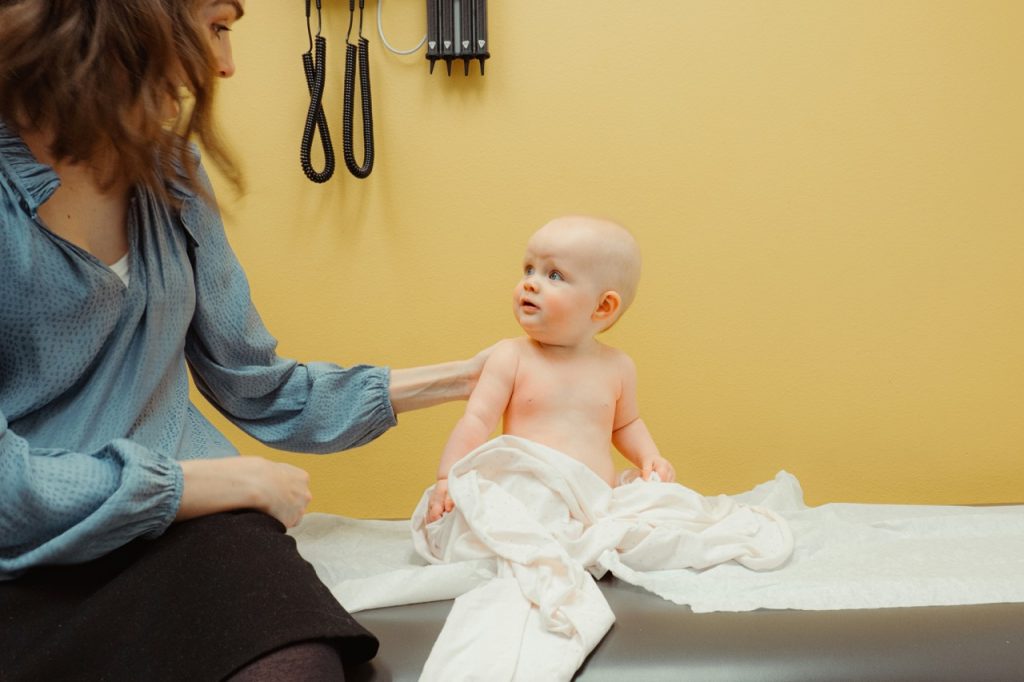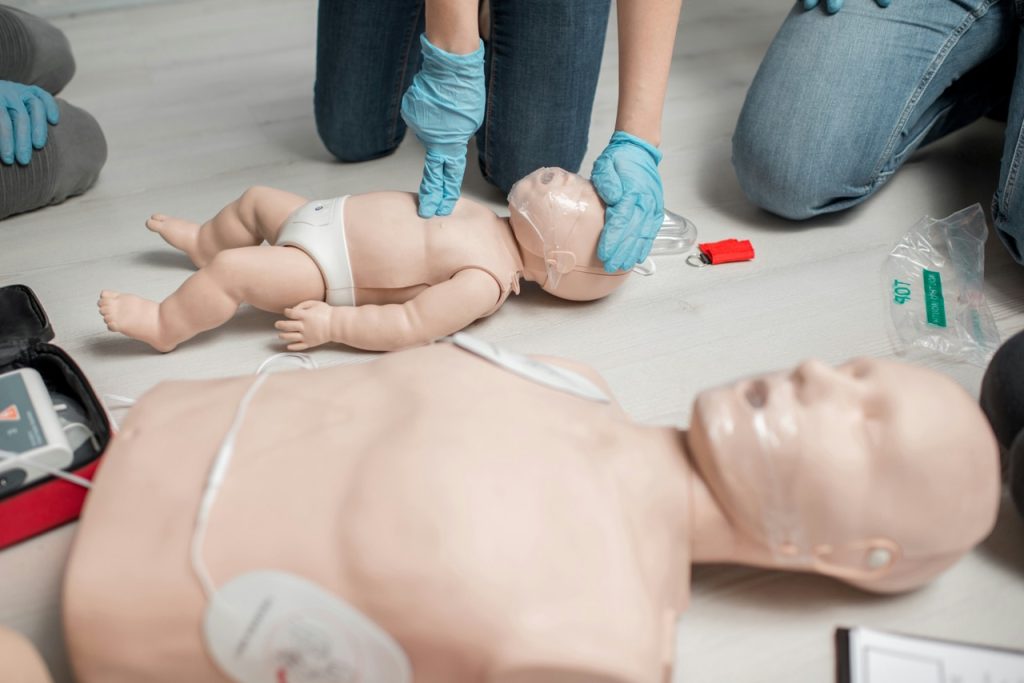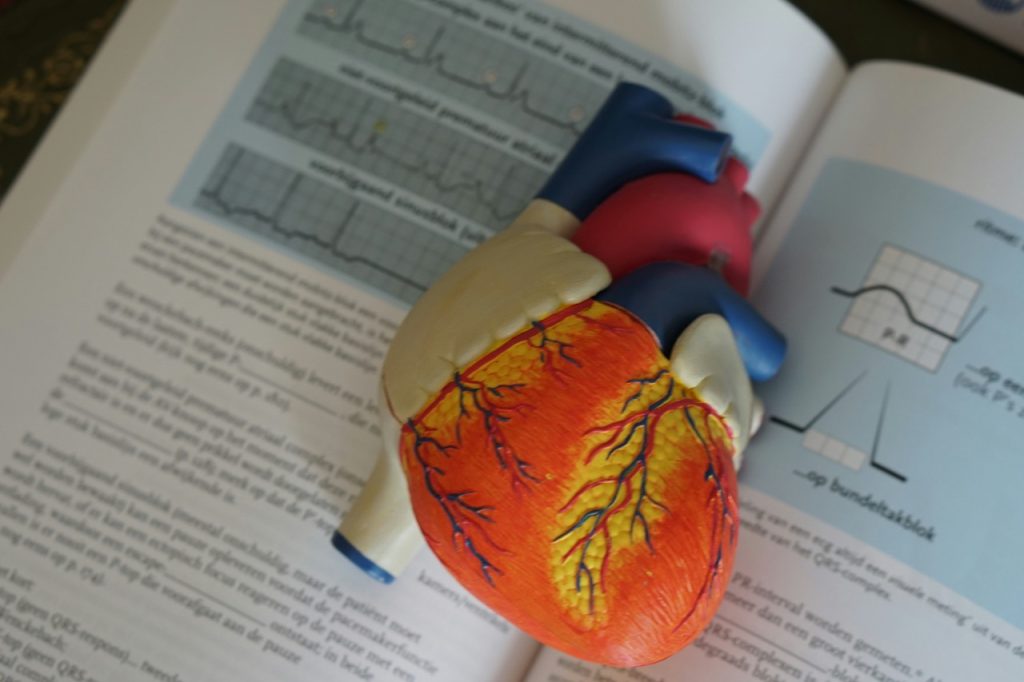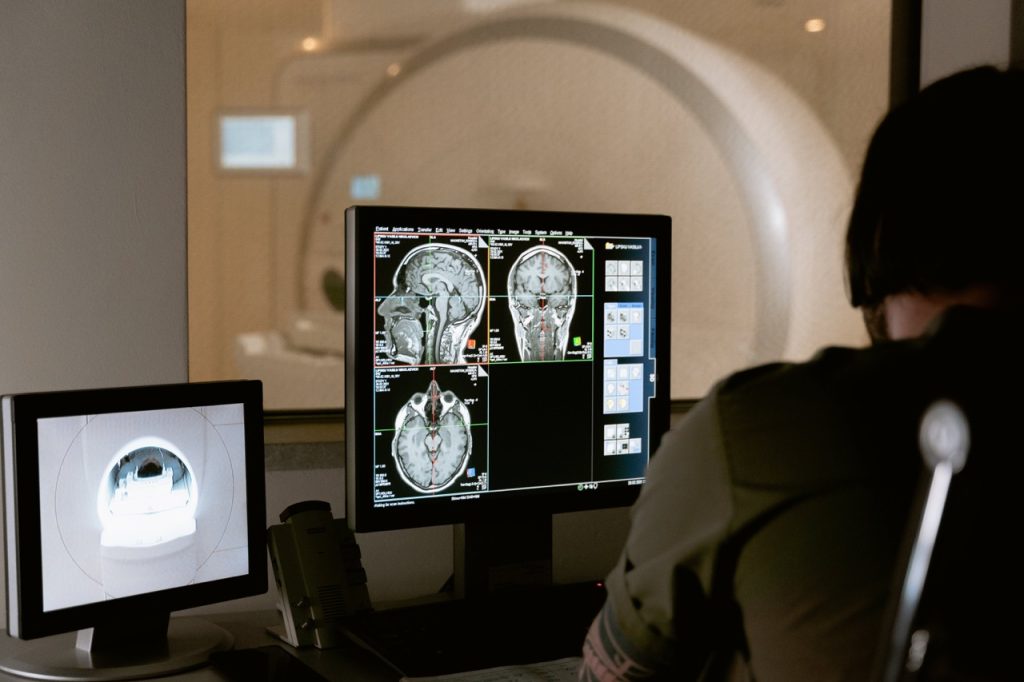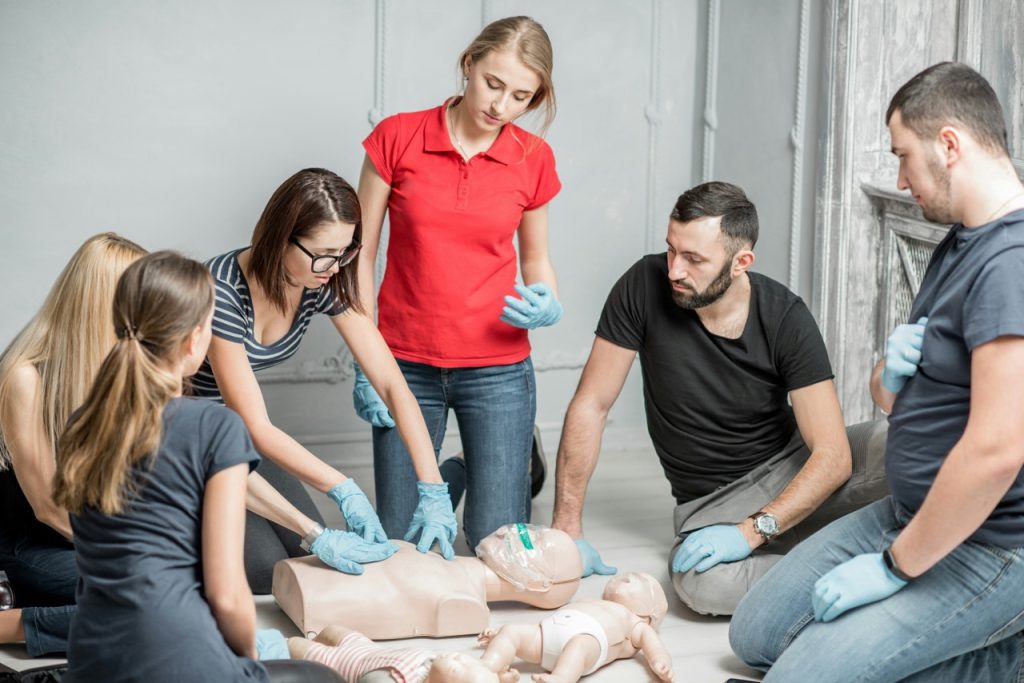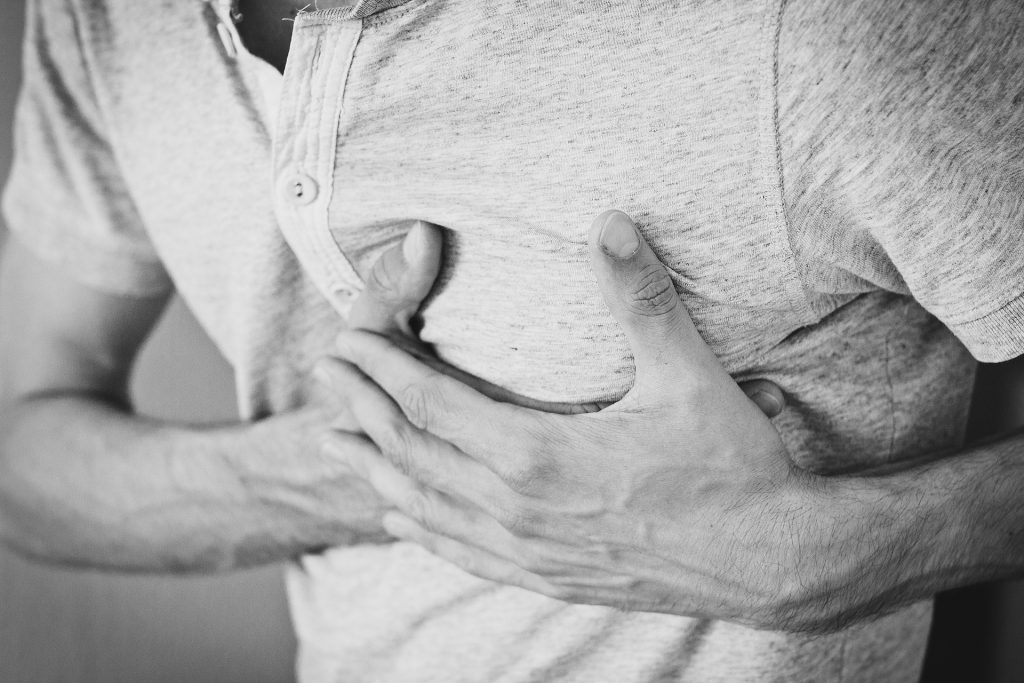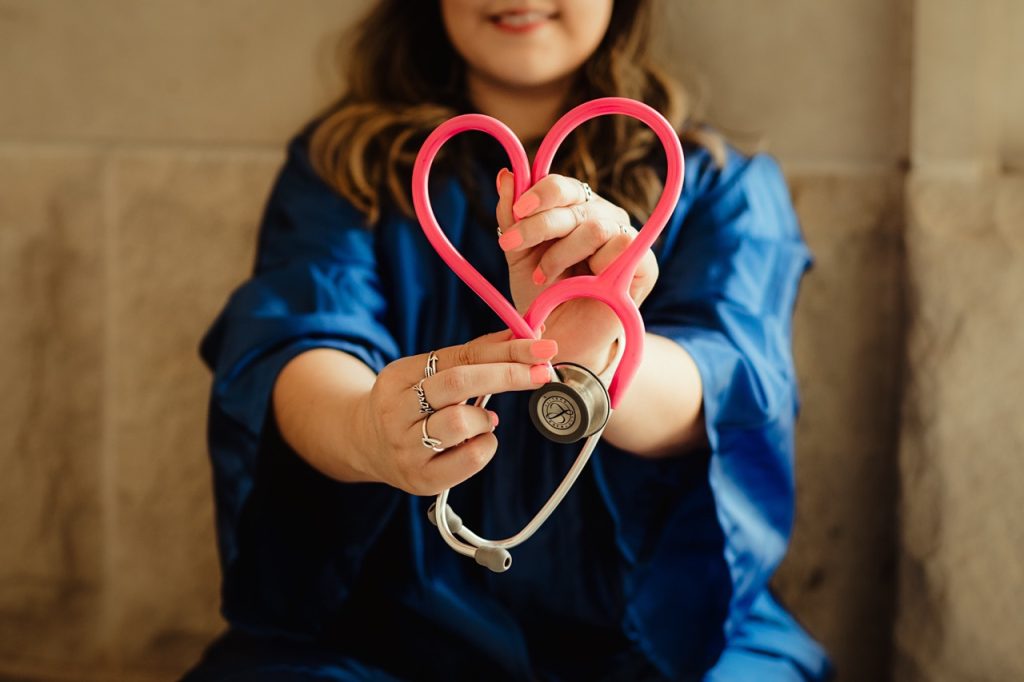Certified Nursing Assistant (CNA) is a rapidly growing career position that is relatively easily attainable and gives individuals a fantastic foundation for a promising healthcare career. CNAs assist in providing care to patients and make a significant difference in their overall well-being. So, if you’ve been considering this career path, you’re likely wondering, how long does it take to become CNA certified? At HeartCert, we’ve had hundreds of individuals go through our comprehensive CNA training and can fill you in on what you can expect from the process, including how long it takes.

What is a CNA?
A CNA is a Certified Nursing Assistant. They are responsible for providing basic patient care, such as helping with bathing, eating, using the restroom, and walking. CNAs take vital signs and may assist with medical procedures. The versatility and wide-ranging tasks of a CNA make them highly valued and essential team members in the healthcare industry, where they can make a significant difference in patients’ overall well-being.
Find Out More: What Kind of Work Does a CNA Do?
CNA Training: What to Expect
In order to prepare students for their responsibilities as Certified Nursing Assistants (CNAs), it’s essential to cover a wide range of information.
Some of the topics covered include:
- Anatomy
- Basic nursing skills
- Effective communication skills
- Documentation requirements
- Medical terminology
- Patient care techniques
Students must be well-equipped with this knowledge to excel in their role and provide the best possible care for their patients.

How Long Does CNA Training Take?
The time it takes to complete a CNA training depends on the course you sign up for. There are several different models and program formats available, and the timeframe in which they take place will vary. Some programs are designed to be completed at your own pace, while others follow a full-time schedule with an intensive timeline for completion. Additionally, there are programs that are spread out over several months to accommodate different learning styles and scheduling needs.
Certified Nursing Assistant training typically consists of a minimum of 75 hours. Of these 75 hours, at least 16 hours consist of supervised practical training, which is conducted with a live person in a lab or a similar setting. This practical training allows CNA students to gain real-life, hands-on experience in a controlled environment, which is essential for preparing them for their role in a healthcare setting.
CNA training requirements will vary state by state. The federally required minimum is 75 hours, which must be completed in all states. Beyond that, some states may require additional hours as well. See the requirements for your state here.
CNA State Certification Exam
The state competency exam consists of two components: a written examination and a skills evaluation. During training you will be informed and prepared for taking the required examination. The purpose of the state exam is to ensure that the graduate has a comprehensive understanding of the nursing assistant’s role and can safely perform the duties expected of an entry-level nurse assistant.
CNA Training with HeartCert
The HeartCert Nursing Assistant Training Program offers students a chance to learn in a hands-on environment under the guidance of experienced licensed nurses. Our unique learning experience, coupled with a curriculum that meets or exceeds federal and state standards, ensures that our students are well-prepared for their role as CNAs.
At HeartCert, we recognize the need for flexibility. This is why we offer a variety of CNA training schedules that are designed to allow you to complete training requirements easily within your busy schedule.
With HeartCert’s comprehensive CNA training, students begin with an online curriculum. Before attending in-person sessions, students must complete the required online training. Following that, they will participate in classroom instruction, skills testing, and supervised practicals. After completing these steps, students can apply for employment or register for the state licensure exam if applicable.
HeartCert is your trusted training partner for CPR, ACLS, PALS, EMR, First Aid, CNA, IV, EKG and more, throughout the United States.
Courses include CPR/AED/First Aid, Basic Life Support (BLS), Advanced Cardiac Life Support (ACLS), Pediatric Advanced Life Support (PALS), Certified Nursing Assistant training, IV training, EKG training, babysitter basics and more. Courses and certifications from both the American Heart Association and American Red Cross are available. We offer virtual courses and certifications, in all 50 states as well as in-person classes at our headquarters, HeartCert CPR Eagan and major cities in Iowa, Illinois, Georgia, Michigan, Minnesota, Mississippi, Nebraska, Pennsylvania, Texas and Wisconsin.

